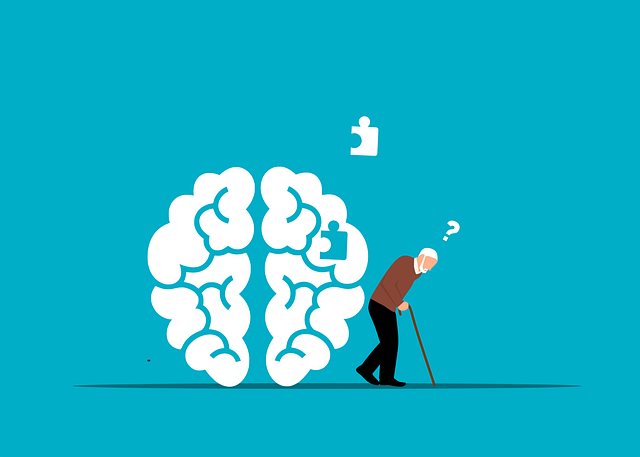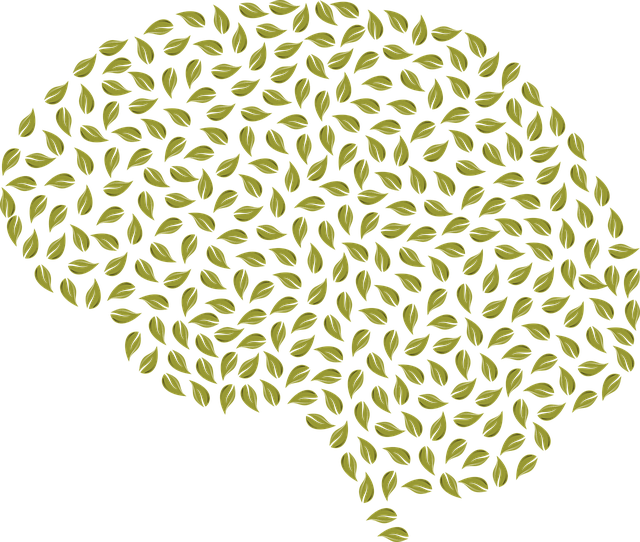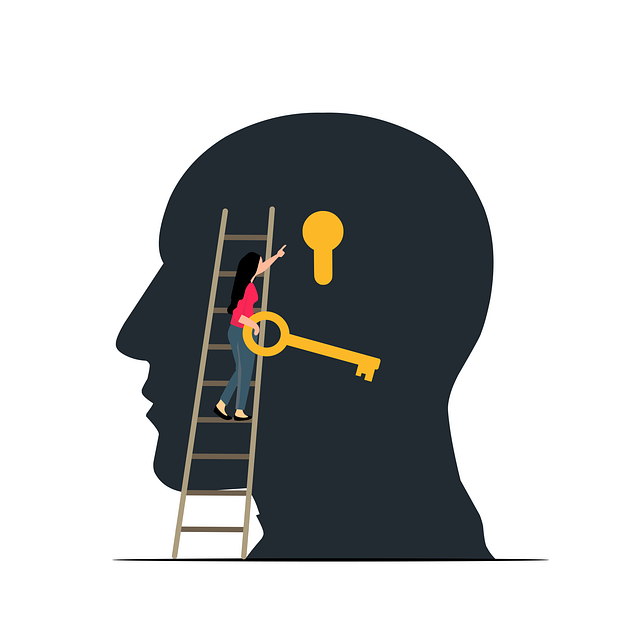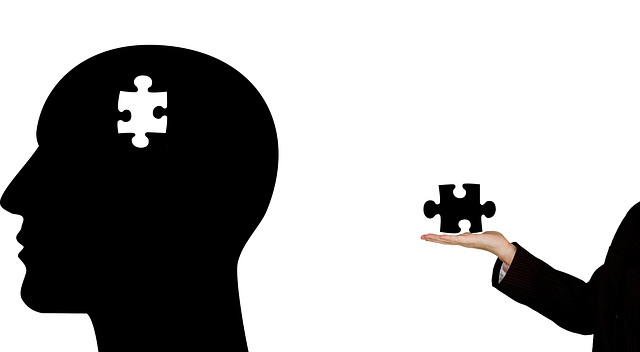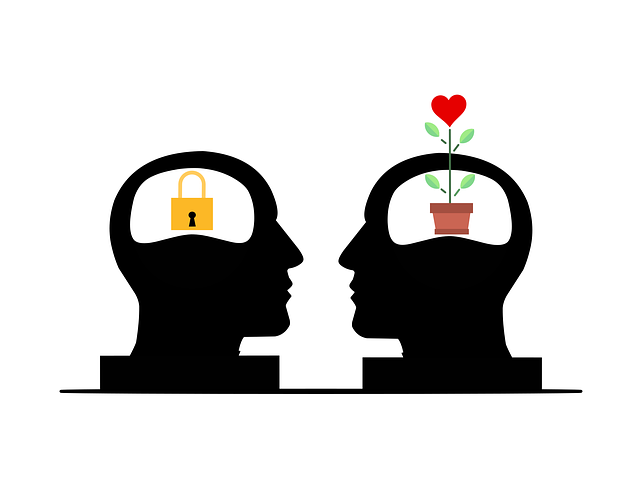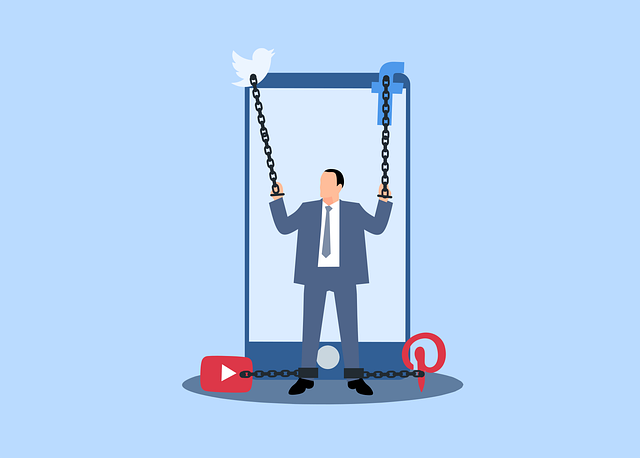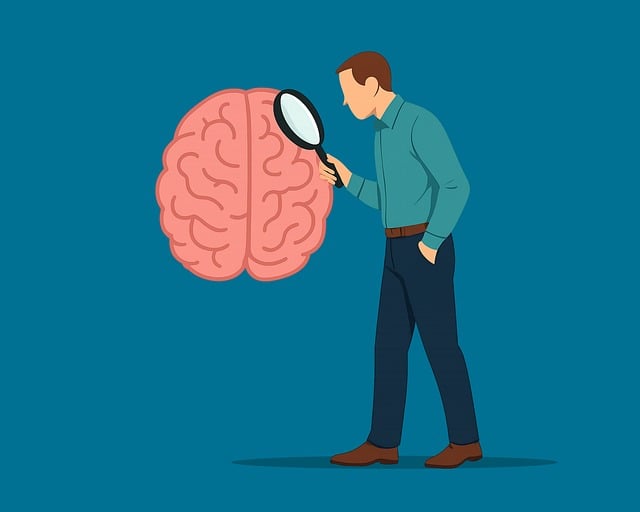Therapy serves as a lifeline for adolescent teens after divorce, providing tools for mood regulation, stress management, and building resilience. Mental health professionals assess risks, incorporate cultural sensitivity, and employ evidence-based techniques to empower teens with healthy coping mechanisms. Parental support through open communication, mindfulness practices, and crisis intervention guidance further enhances their ability to navigate emotional challenges and adapt to life changes successfully.
“Mood regulation is a vital skill for adolescents navigating life’s complexities, especially those facing divorce or emotional challenges. This article explores effective strategies to empower teens and their support systems. We delve into the significance of understanding mood regulation and its impact on youth, highlighting therapy’s role in teaching them emotional management tools. Additionally, we provide practical guidance for parents, offering strategies to foster resilience in divorced teenagers, ensuring they build long-term coping mechanisms.”
- Understanding Mood Regulation and Its Impact on Teens
- The Role of Therapy in Teaching Adolescent Mood Management Skills
- Strategies for Parents: Supporting Teens Through Divorce and Emotional Challenges
- Building Resilience: Long-term Coping Mechanisms for Divorced Teenagers
Understanding Mood Regulation and Its Impact on Teens

Understanding Mood Regulation is paramount when addressing the unique challenges faced by adolescent teens, especially those navigating the complexities of family dynamics post divorce. This period can significantly impact a teen’s emotional well-being and overall mental health. Therapy for adolescent teens becomes a crucial tool in teaching them effective mood regulation strategies to cope with stress, anxiety, and depression that often accompany such life transitions.
A comprehensive risk assessment for mental health professionals is essential to identify potential triggers and vulnerabilities among these youth. Moreover, integrating cultural sensitivity in mental healthcare practice ensures tailored support, acknowledging the diverse backgrounds of teens. By employing evidence-based techniques for emotional well-being promotion, professionals can empower adolescents to develop resilience and healthy coping mechanisms, ultimately enhancing their ability to regulate moods and thrive despite life’s challenges.
The Role of Therapy in Teaching Adolescent Mood Management Skills

For adolescent teens going through a divorce, therapy plays a pivotal role in teaching much-needed mood management skills. This is especially crucial during such turbulent times, when emotions can feel overwhelming and confusing. Professional therapists offer a safe space for teens to process their feelings, providing tools to navigate through periods of distress. Through structured sessions, adolescents learn self-awareness exercises that help them identify triggers and understand their emotional responses, fostering better coping mechanisms.
In addition, therapy focuses on boosting self-esteem and confidence, which are often negatively impacted by divorce. Self-esteem improvement strategies taught in therapy empower teens to build resilience and a positive sense of self, enabling them to face challenges head-on. Furthermore, therapists guide adolescents through confidence-boosting activities tailored to their interests, helping them regain a sense of control and purpose, thereby improving overall mood regulation.
Strategies for Parents: Supporting Teens Through Divorce and Emotional Challenges

Divorce can be a profoundly upsetting event for adolescent teens, and parents play a crucial role in supporting them through this emotional challenge. One effective strategy is to encourage open communication about feelings and experiences. Parents should create a safe space where teens feel comfortable expressing their emotions without fear of judgment or repercussions. Actively listening and empathizing with their teen’s perspective can help them feel understood and less alone during this difficult period.
Additionally, incorporating practices like mindfulness meditation and mental wellness coaching programs into daily routines can be immensely beneficial. Crisis intervention guidance from professionals can equip parents with tools to assist their teens in managing intense emotions and developing coping mechanisms. By fostering a sense of emotional regulation and resilience, parents contribute significantly to the long-term mental health and well-being of their adolescent children navigating the complexities of divorce.
Building Resilience: Long-term Coping Mechanisms for Divorced Teenagers

Divorced teenagers often struggle with emotional volatility and adjusting to significant life changes. Building resilience is a crucial long-term strategy for coping with divorce, helping them navigate this challenging phase and fostering better mental health. Through therapy sessions tailored for adolescent teens divorce, professionals can guide them in developing effective coping mechanisms that go beyond immediate pain management. This process involves encouraging self-care routine development for better mental health, which includes activities like exercise, meditation, or creative outlets, promoting healthy habits to enhance emotional well-being.
Additionally, addressing and reducing the stigma associated with mental illness is integral to this support system. By fostering an environment where seeking help is normalized, teenagers can learn to identify and express their feelings, build self-esteem improvement skills, and develop a stronger sense of resilience. These mechanisms are essential tools for managing emotional turmoil, allowing them to adapt and thrive despite the divorce.
Mood regulation is a vital skill for adolescents, especially those navigating divorce and emotional challenges. By understanding the impact of mood on teen development and leveraging strategies from therapy, parents can foster resilience and long-term coping mechanisms. Integrating these techniques, such as cognitive behavioral therapy for adolescent teens divorce, enables better emotional management and enhances overall well-being, providing a brighter outlook for this vulnerable demographic.
